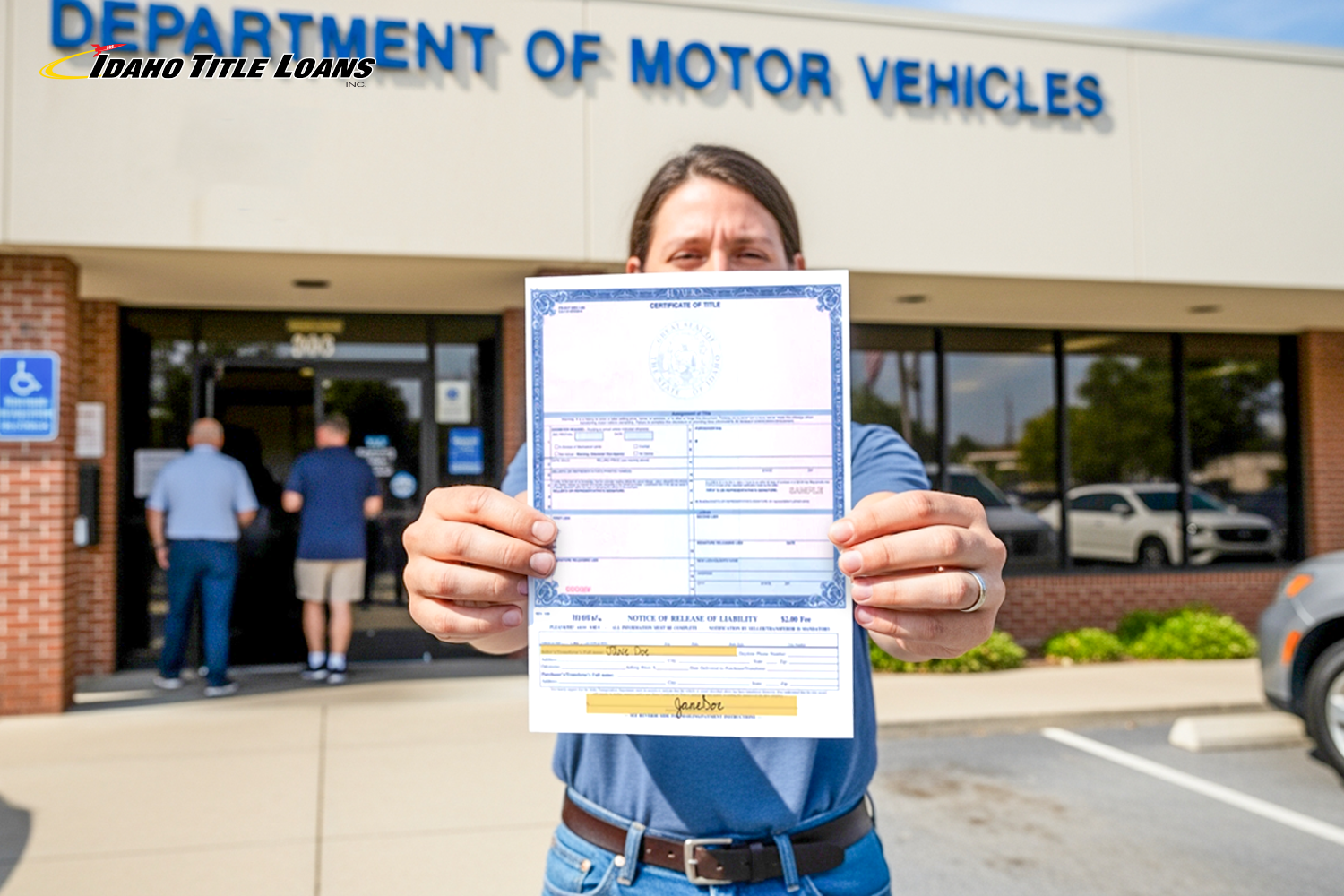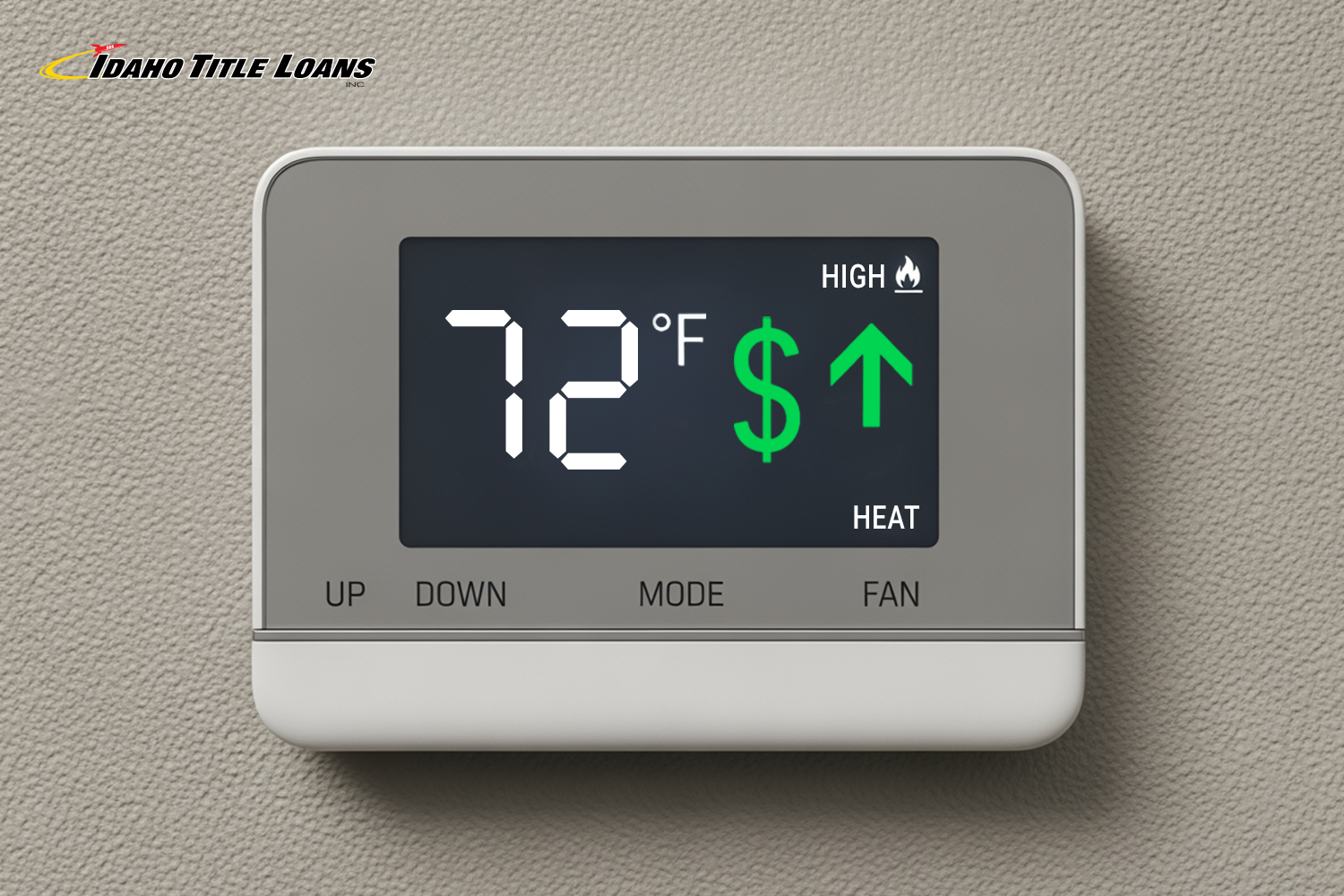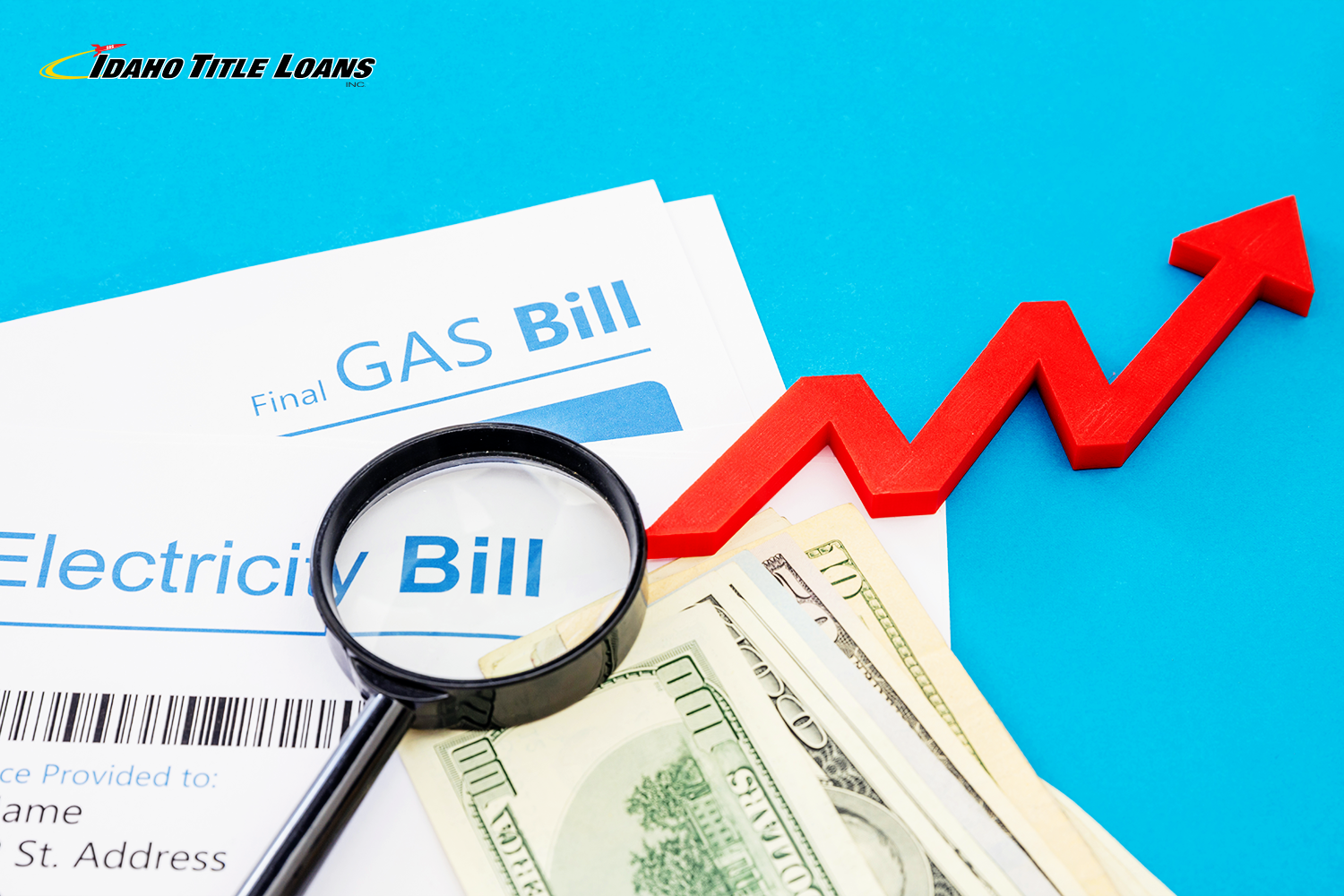Working with National Debt Relief could help in the long run, but let Idaho Title Loans, Inc. tell you how it affects your credit score. You’ll surely want to know if following their debt relief plan hurts your credit.
This guide will help you understand the role programs like these play in helping customers like you and what it does to your credit score. Read through to the end and you’ll also discover options to borrow money while your credit is bad.
What Role Does National Debt Relief Play?
Before diving deeper into this topic, it’s important to zoom out a little and understand what National Debt Relief is and how it could help you.
First, you should know that National Debt Relief is a financial services company. It specializes in helping people manage and reduce their total debt.
Suppose you sign on as their customer. In that case, they’ll play several important roles in your journey to debt-freedom, which are:
- Guiding you through the debt settlement process with advice and counseling.
- Helping you consolidate your debts to make regular payments more manageable.
- Negotiating with creditors on your behalf.
By combining those roles, this program aims to provide customers with the support they need to manage and reduce their total debt.
While all that sounds good, it’s important that you understand the finer details of how their debt relief program works.

Here’s what the program looks like:
- First, they will create a personalized plan to help with your debt based on your unique financial situation.
- Then, you’ll have to make a single monthly payment to a secured savings account.
- Next, they communicate with creditors to establish a settlement agreement.
- Later, they will pay your creditors using the money in your secured savings account if an agreement is reached.
- Finally, the remaining debt is canceled, and you won’t owe anything else to your creditors.
The process is pretty straightforward. Still, some people might be concerned about how their credit gets affected by following this debt relief program.
We’ll explore that in the section below.
Does Using Debt Relief Programs Hurt Your Credit?
Yes, using National Debt Relief could hurt your overall credit score. But that might not be a bad thing, and here’s why:
Following the plan set out by this program involves not making any more payments to your creditors. Instead, you’ll be making monthly payments to a secured savings account.
The idea here is that the longer creditors go without getting any payments for your debts, the more they’ll be likely to negotiate a settlement with you.
That’s where National Debt Relief comes in. As you read earlier, they’ll be the ones to negotiate with those creditors on your behalf.
The issue is that deliberately skipping your debt payments will lower your credit score. Remember: Your payment history is one significant factor that determines your score, among others.
However, that drop in your credit rating might not be a bad thing.
Suppose you’ve been struggling with debt and already have a low credit score. Perhaps that’s the reason you engaged National Debt Relief in the first place.
If your score is already low, skipping your payments as part of the debt relief plan might not impact your score too much!
How Can I Borrow Money With Bad Credit?
Going through a debt relief program can take quite some time, and financial emergencies can still happen along the way.
That’s why you must have an emergency fund and ways to borrow extra money even if your credit score is low for the time being.
Thankfully, there are several quick loans that you can rely on to get emergency funds, even if you have bad credit, like title loans, payday loans, and signature installment loans.

Here’s what you need to know about each of these options:
1. Title Loans
You can qualify to borrow up to $15,000 with this finance option by using your lien-free car title as collateral.
Aside from the title, you’ll only need to provide your driver’s license and your vehicle in for a quick inspection. Once that’s completed, the car stays with you even if you’re approved for the loan!
2. Payday Loans
If you prefer unsecured loans, you can consider getting a payday loan instead.
This option allows you to borrow between $100 and $500 using your driver’s license, your latest pay stub, and a blank check from your active checking account.
3. Signature Installment Loans
Lastly, you can qualify for up to $1,250 through a signature installment loan.
You’ll need your driver’s license, a checking account statement in your name, and proof of income in the form of your most recent pay stub.
These financial options offer a better chance of being approved than a traditional loan since all credit types will be considered and welcome to apply.
Take The First Step Now!
Working with National Debt Relief could help you manage and reduce the total debt you owe. Just know that your credit score could take a dip while you follow the debt relief program.
In the meantime, you can borrow emergency funds with a title loan, payday loan, or signature installment loan from Idaho Title Loans, Inc. Just submitting the short online request form, and a friendly representative can call you back with details!
Note: The content provided in this article is only for informational purposes, and you should contact your financial advisor about your specific financial situation.







